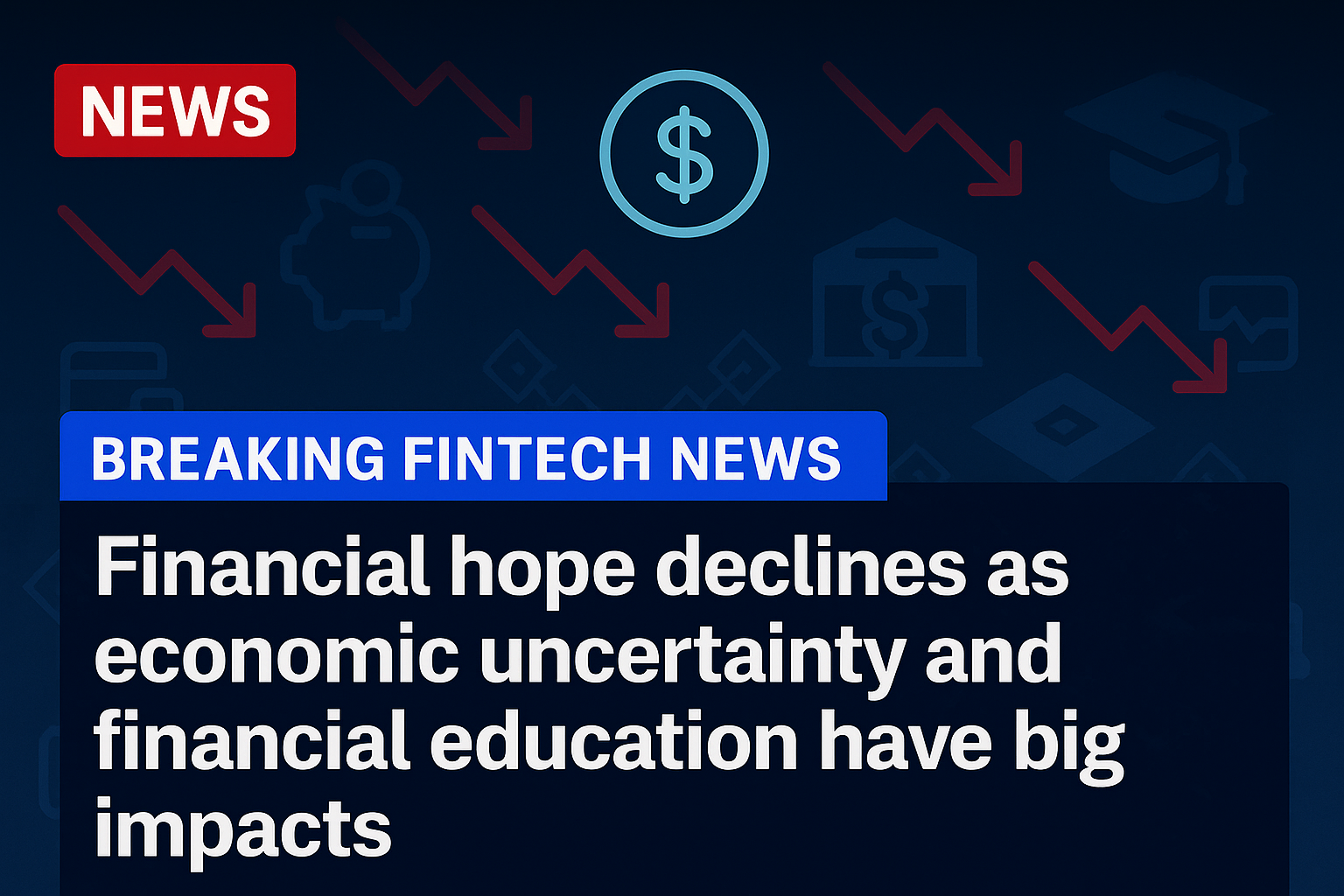Financial wellbeing and education platform nudge has revealed a potential decline in hope for a positive financial future right across the globe.
Through a survey of over 11,500 employees across 17 countries, nudge found that financial hope has declined from 60 per cent in 2024 to just 29 per cent in 2025 – a level almost equal to that experienced during the global pandemic.
The main global financial worries are all linked to economic uncertainty, with inflation (56 per cent) as a top concern, followed by housing affordability (30 per cent) and healthcare (28 per cent).
The survey also discovered a direct correlation between inflation and the main financial concerns by country, as increasing food costs feature as the top concern for most countries, with the exception of the UK, Germany, Italy, Argentina and Japan, where energy costs take top position.
The effect of this seemingly hopeless financial future is a considerable adjustment to short-term spending to secure long-term financial security. Globally, consumers are reducing their spending on dining out and luxury purchases in response to global economic instability.
But many are also turning to reducing spending in more critical areas, with 24 per cent of UK respondents revealing they will now save less for emergencies. Elsewhere, 30 per cent of respondents in Japan are decreasing the amount they are saving for retirement, while 27 per cent in China are decreasing their health and wellbeing spending.
Financial literacy importance
Financial health is rated the lowest out of all areas of wellbeing surveyed. In fact, less than one in two rate their financial health as good or excellent. There is a correlation between poor financial literacy and poor mental health. Those who understand less about the key areas of finances that directly affect them, such as inflation, taxes, pensions, interest rates, trade tariffs and mortgages, are much more likely to feel both a physical and mental effect of this.
The survey results clearly demonstrate that people with poor or very poor literacy report higher levels of:
- Suicidal thoughts (seven per cent vs five per cent)
- Stress (44 per cent vs 35 per cent)
- Anxiety (37 per cent vs 28 per cent)
- Panic attacks (12 per cent vs nine per cent)
On the other end of the financial literacy spectrum, those who know more about finance are investing more in their financial futures and feel more confident about it. According to nudge, these findings reinforce the need for employers to re-evaluate the need for financial wellbeing benefits, prioritising financial literacy to pave the way to a more financially secure and productive workforce.
“Supporting employees with financial education is one of the most powerful ways to help them reduce stress and build resilience,” said Jeff Miller, VP US at nudge.
“When people feel more in control of their finances, it positively affects not only their holistic wellbeing, but also their personal and professional lives. Employers have a crucial role to play in building the financial knowledge, skills, and confidence of their people. By offering personalised financial education, organisations demonstrate that they care about supporting their people during challenging times.”
Source: https://thefintechtimes.com/





